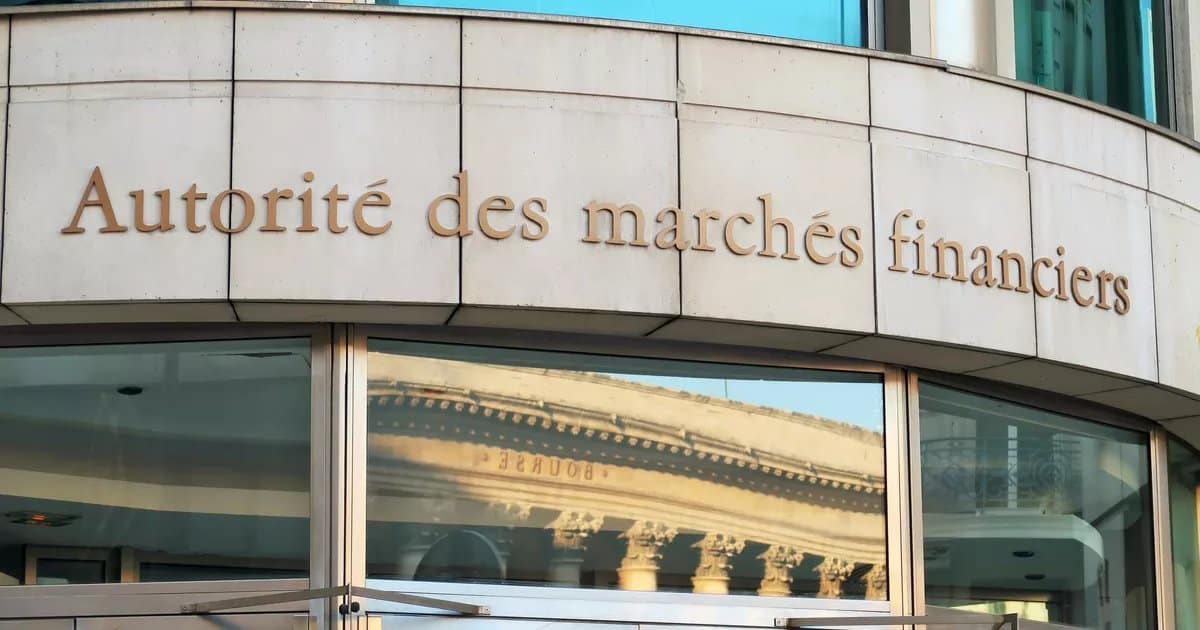
AMF Aligns Local Policies with MiCA
- The AMF is France’s financial regulator and requires crypto companies to apply for a license.
- Crypto companies will be required to separate corporate and client assets as part of the new policies.
- Several crypto companies are choosing to operate in EU nations thanks to the introduction of MiCA.
The French financial regulator, the Autorité des Marchés Financiers (AMF), has announced a change in France’s registration procedures for cryptocurrency businesses in order to adhere to the European Union’s new rules for the industry.
The EU recently approved the Markets in Crypto Assets (MiCA) regulation for digital assets, and digital service providers keen on operating within the European Union are getting familiar with the new regulatory setting. Prior to MiCA’s approval. France has its own registration policy for crypto firms. However, the AMF has made the necessary adjustments to conform with MiCA.
The amended registration requirements for cryptocurrency platforms, as outlined in a new Article 721-1-2 of the AMF General Regulation, will cover areas like procedures for handling conflicts of interest, more disclosure specifications, separation of client and platform assets, and a ban on using client assets without their authorization.
The “enhanced” registration rules are expected to go into effect on January 1, 2024, and “new players” who want to offer any regulated services would have to comply with them, according to the AMF. The AMF added that service providers that register before January will be granted a “grandfather clause” and will be governed by the previous simple framework.
The AMF wrote:
As a reminder, DASPs that obtained a simple registration before January 1, 2024, benefit from a “grandfather” clause and continue to be subject to the framework applicable before this date.
As previously mentioned, France already has an extensive licensing system. The French National Assembly approved more restrictive licensing requirements for new cryptocurrency exchanges in February. The law requires crypto exchanges operating in France to adhere to strict anti-money laundering (AML) regulations. These exchanges would also be required to disclose certain information to regulators and increase customer protection measures.
Several crypto companies have expressed plans to set up their European headquarters in France due to the country’s support for crypto and clear policies. Meanwhile, regulatory clarity has been lacking in the US crypto market.
US regulators have shown mixed emotions about the industry and are far from releasing any comprehensive policy. As a result, many believe that European countries will be a more competitive destination for crypto companies thanks to MiCA and other initiatives.
The European Parliament approved MiCA, the first comprehensive policy for cryptocurrencies, in April 2023. MiCA will reportedly be implemented at three levels in 2024 and 2025. While there have been some positive reviews of the new framework, some crypto users have expressed concerns about some aspects of the regulation. MiCA mandates that private stablecoins like Tether USDT be subject to a transaction limit of 200 million euros ($219 million).







